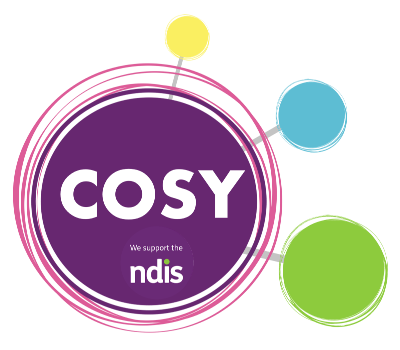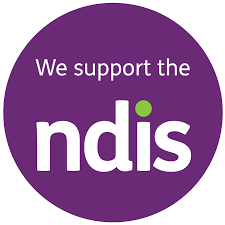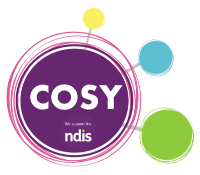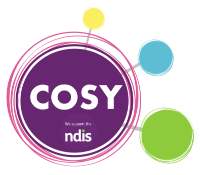Blog
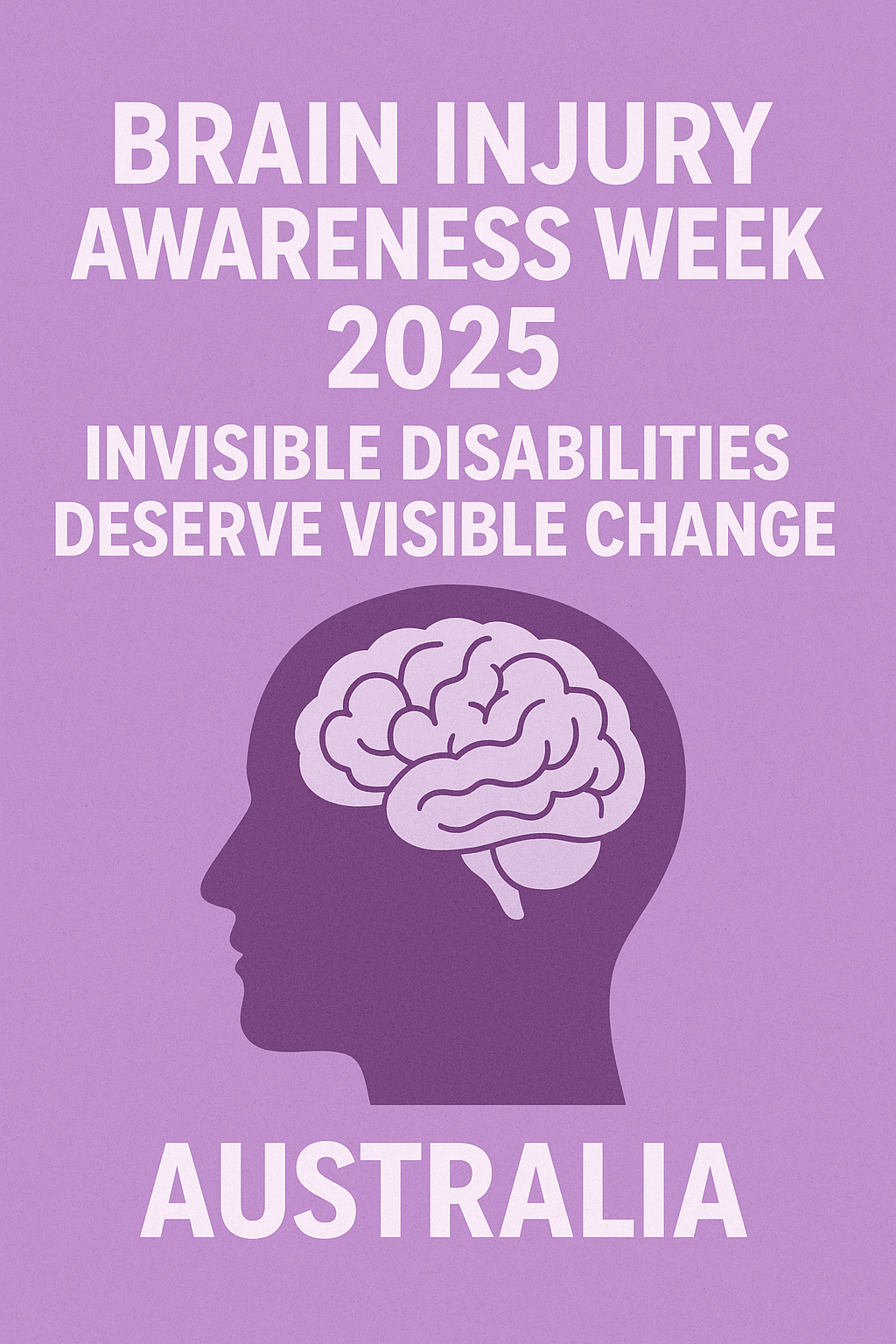
Brain Injury Awareness Week in Australia 2025: Invisible Disabilities Deserve Visible Change Dates & Theme Brain Injury Awareness Week (BIAW) 2025 will be held from 18–24 August across Australia. This year's theme—Invisible disabilities deserve visible change—aims to bring attention to the unseen but profound impact of brain injuries and their intersections with domestic and family violence, justice systems, homelessness, and more. Why This Theme Matters Brain injuries often manifest in ways that aren’t outwardly visible—memory struggles, emotional regulation difficulties, impulsivity, and fatigue can go unnoticed yet profoundly shape a person's life. Without proper recognition and support, individuals may face discrimination, struggle to maintain employment or housing, and fall into cycles of social disadvantage or legal troubles. What to Expect During the Week National Activities & Events Synapse, BrainLink, and other community organisations are hosting a range of events—BBQs, expos, meet-ups, and information sessions—across the country to spark connection, raise awareness, and honour the resilience of the 1 in 45 Australians affected by brain injury. Iconic Light-Ups Prominent landmarks across Australia will be illuminated in support of BIAW, a visual symbol of solidarity and awareness. Adelaide Event Highlight On Monday, 18 August, Brain Injury SA is hosting a signature event at the Adelaide Convention Centre, themed Spotlight on TBI, Parkinson’s and Dementia. It features: A keynote from Associate Professor Lyndsey Collins-Praino of the University of Adelaide, exploring traumatic brain injury’s links to Parkinson’s and dementia. A presentation by Nurse Specialist Angela Sayas from The Hospital Research Foundation Parkinson’s/Stroke team. This hybrid event (in-person and live-streamed) is free but requires registration. Resources for Engagement Downloadable materials—posters, social media tiles, email signatures, banners, and communications kits—are available to help workplaces, schools, universities, and community groups join the conversation. Webinars & Personal Stories Synapse is also offering webinars, advocacy case studies, and stories from people with lived experience. These resources are designed to educate, connect, and empower. Inspiration in Tasmania In Tasmania, the Brain Injury Association has launched a moving exhibition titled Reframing Recovery Through Art. Over 20 multimedia artworks by individuals with acquired brain injuries are on display—each a powerful reflection of personal resilience. One featured artist shared how rediscovering art helped reconnect with her identity after being misdiagnosed for years. Why This Blog Matters Education & Awareness: Clarify what brain injury truly looks like, challenging misconceptions and promoting empathy. Advocacy & Equity: Encourage social services, justice systems, and communities to recognize invisible disabilities and make structural changes. Support & Connection: Provide tools and inspiration for individuals, families, caregivers, and allies to engage meaningfully during BIAW. Action-Oriented: Motivate readers to attend local events, download assets, share stories, or simply light up their social channels with the #BIAW2025 hashtag.
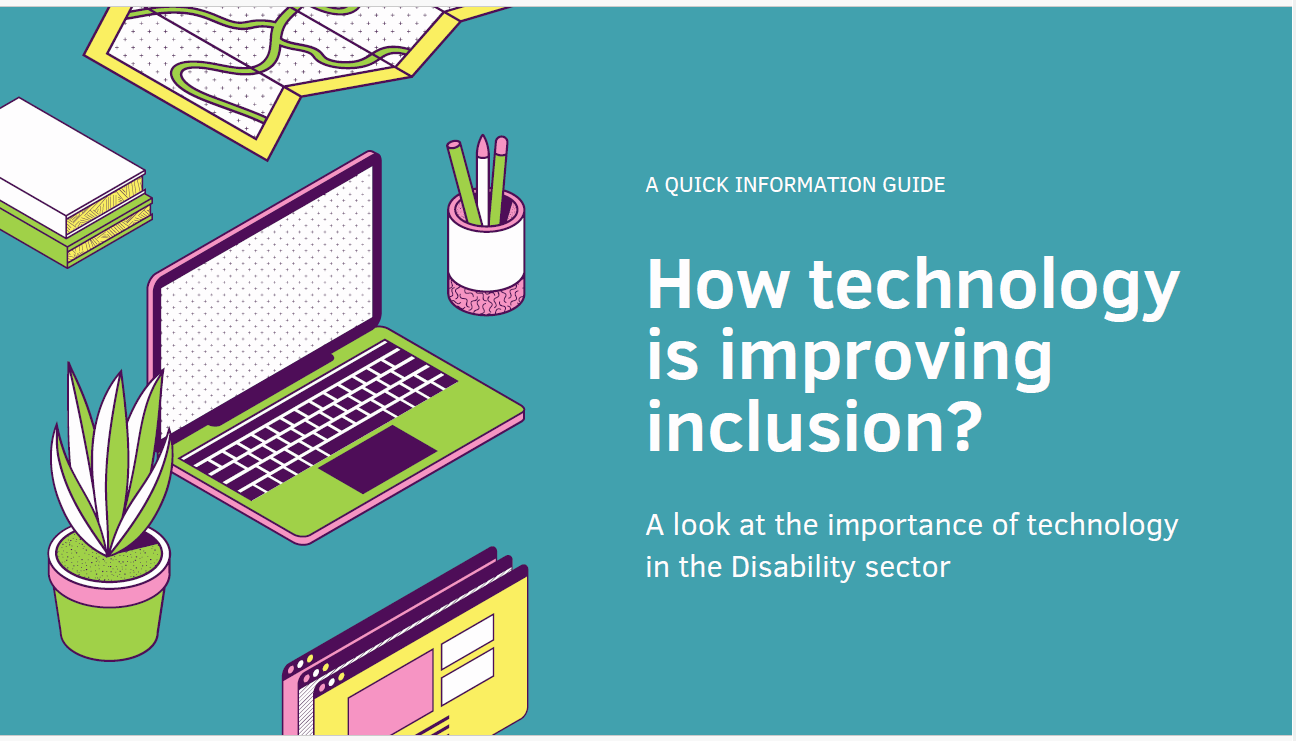
Dive deep into the world of assistive technology and discover how it is revolutionizing the concept of inclusive communities by significantly enhancing accessibility for individuals with disabilities. Explore the wide array of innovative tools and valuable resources that are available to promote social inclusion and bolster community engagement.
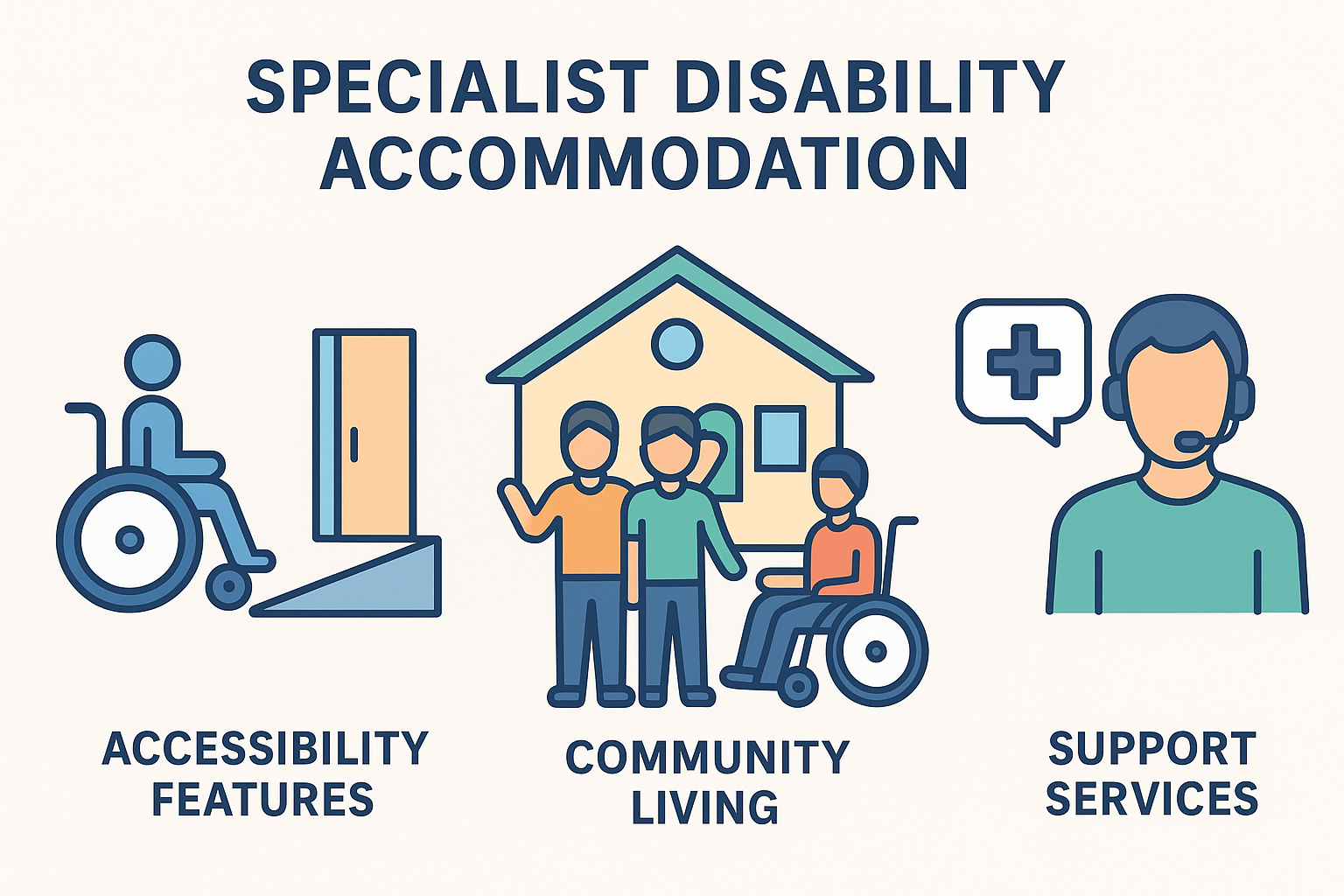
Understanding the role of Specialist Disability Accommodation (SDA) within the NDIS framework is crucial for those seeking long-term housing solutions tailored to individual needs. SDA is designed to provide housing that caters to the specific requirements of people with significant disability-related challenges, ensuring comfort, accessibility, and independence
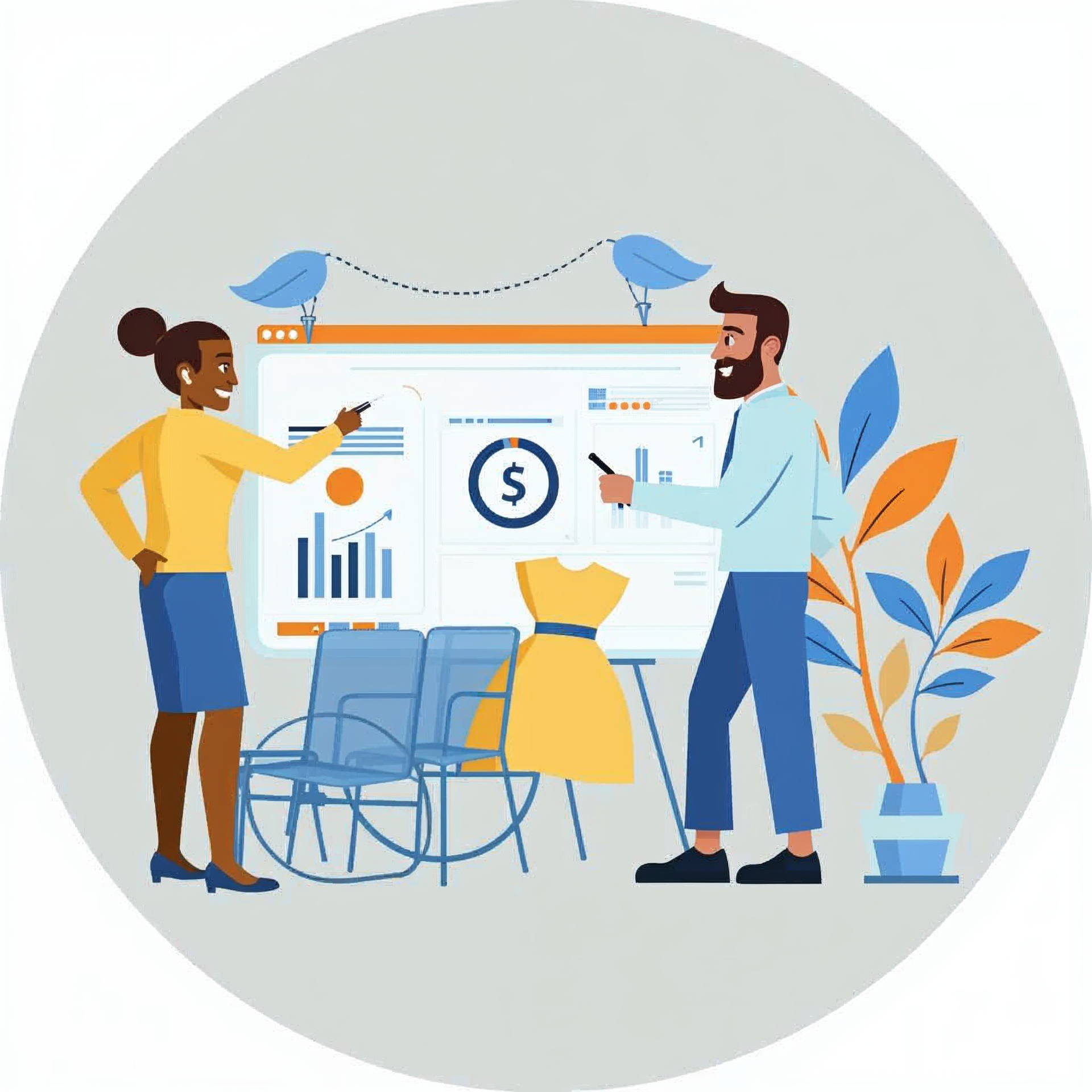
Navigating the NDIS Navigating the intricacies of NDIS funding can often feel overwhelming, especially for those relying on allied health services. Recent changes in the NDIS framework have introduced new opportunities and challenges for participants striving to make the most of their allocated support. Understanding these changes is crucial for participants and families seeking to optimize their funding and ensure the best possible outcomes from their healthcare services. In this post, we will explore key strategies and practical tips that can help NDIS participants and their families effectively manage and utilize their funding, providing insights into how to make informed decisions about allied health services. Whether you are new to the NDIS or a seasoned participant, this guide aims to empower you with the knowledge needed to navigate the system with confidence. For more detailed information on stretching your NDIS funding, check out this helpful resource .## Understanding NDIS Changes Impact on Allied Health Services The NDIS has introduced new guidelines for allied health services, aiming to improve access and quality of care. These changes affect how participants can use their funding for various therapies and treatments. For example, the NDIS now allows for more flexible use of funds across different allied health services. This means you can allocate your budget more freely between physiotherapy, occupational therapy, and speech therapy based on your changing needs. Additionally, there's an increased focus on evidence-based practices. Allied health providers are now required to demonstrate the effectiveness of their treatments, ensuring that participants receive the most beneficial services. Lastly, the NDIS has streamlined the process for accessing allied health services, reducing waiting times and paperwork. This allows participants to start their treatments sooner and with less hassle. Navigating Recent Policy Updates Staying informed about NDIS policy updates is crucial for maximizing your benefits. Recent changes have introduced new opportunities for participants to tailor their support plans. One significant update is the introduction of flexible budgets. This allows participants to move funds between different support categories more easily, giving you greater control over how you use your funding. The NDIS has also made changes to the limits that are claimable for non-direct supports such as travel to and from appointments. Lastly, there's been an increased emphasis on capacity building. The NDIS now encourages participants to include goals and supports that help build independence and skills for the future. Tips for NDIS Funding Making the most of your NDIS funding requires careful planning and smart decision-making. Here are some strategies to help you maximize your plan. Making the Most of Your Plan Effective management of your NDIS plan can significantly impact the quality and quantity of services you receive. Here are some key tips to help you stretch your funding further. First, prioritize your needs and goals. Focus on the supports that will have the most significant impact on your daily life and long-term objectives. This might mean allocating more funds to certain therapies or assistive technologies. Next, consider using a combination of services. For instance, you might benefit from a mix of individual therapy sessions and group programs, which can be more cost-effective while still providing valuable support. It's also important to regularly review and adjust your plan. Your needs may change over time, so don't hesitate to request a plan review if you feel your current supports aren't meeting your requirements. For more detailed advice on maximizing your NDIS funding, check out this helpful guide . Choosing the Right Providers Selecting the right service providers is crucial for getting the most value from your NDIS funding. Here's how you can make informed choices. Start by researching potential providers thoroughly. Look for reviews, ask for recommendations from other NDIS participants, and check if the provider has experience with your specific needs. Don't be afraid to shop around and compare services. Many providers offer initial consultations or trial periods, which can help you assess if they're a good fit for you. Remember, you have the right to change providers if you're not satisfied. The NDIS allows flexibility in choosing and switching providers, so make sure you're getting the best possible service for your funding. For more insights on making the most of your NDIS funding, visit this informative resource . Beginner's Guide to Allied Health Support If you're new to the NDIS or just starting to explore allied health services, this guide will help you navigate the basics and get the support you need. Key Steps to Get Started Beginning your journey with NDIS allied health support can seem daunting, but breaking it down into steps can make the process more manageable. Identify your needs: Start by assessing which allied health services could benefit you most. This might include physiotherapy, occupational therapy, speech therapy, or others. Research providers: Look for NDIS-registered allied health professionals in your area. You can use the NDIS provider finder or ask for recommendations from your support coordinator. Schedule assessments: Many allied health services begin with an initial assessment to determine your specific needs and create a treatment plan. Remember, it's okay to take your time and ask questions throughout this process. Your health and wellbeing are the priority. For a comprehensive guide on maximizing your NDIS plan, check out this valuable resource . Common Questions Answered As you start your NDIS allied health journey, you might have several questions. Here are answers to some common queries: Q: How often can I access allied health services? A: The frequency depends on your individual NDIS plan and the recommendations of your allied health professional. Some participants might need weekly sessions, while others might benefit from monthly check-ins. Q: Can I change providers if I'm not satisfied? A: Yes, you have the freedom to choose and change providers. If you're not happy with the service, you can look for a new provider at any time. Q: What if I need more funding for allied health services? A: If you find your current funding doesn't cover all your needs, you can request a plan review. Be prepared to explain why you need additional support and how it aligns with your goals. For more detailed answers to common NDIS questions and tips on maximizing your funding, visit this helpful page .
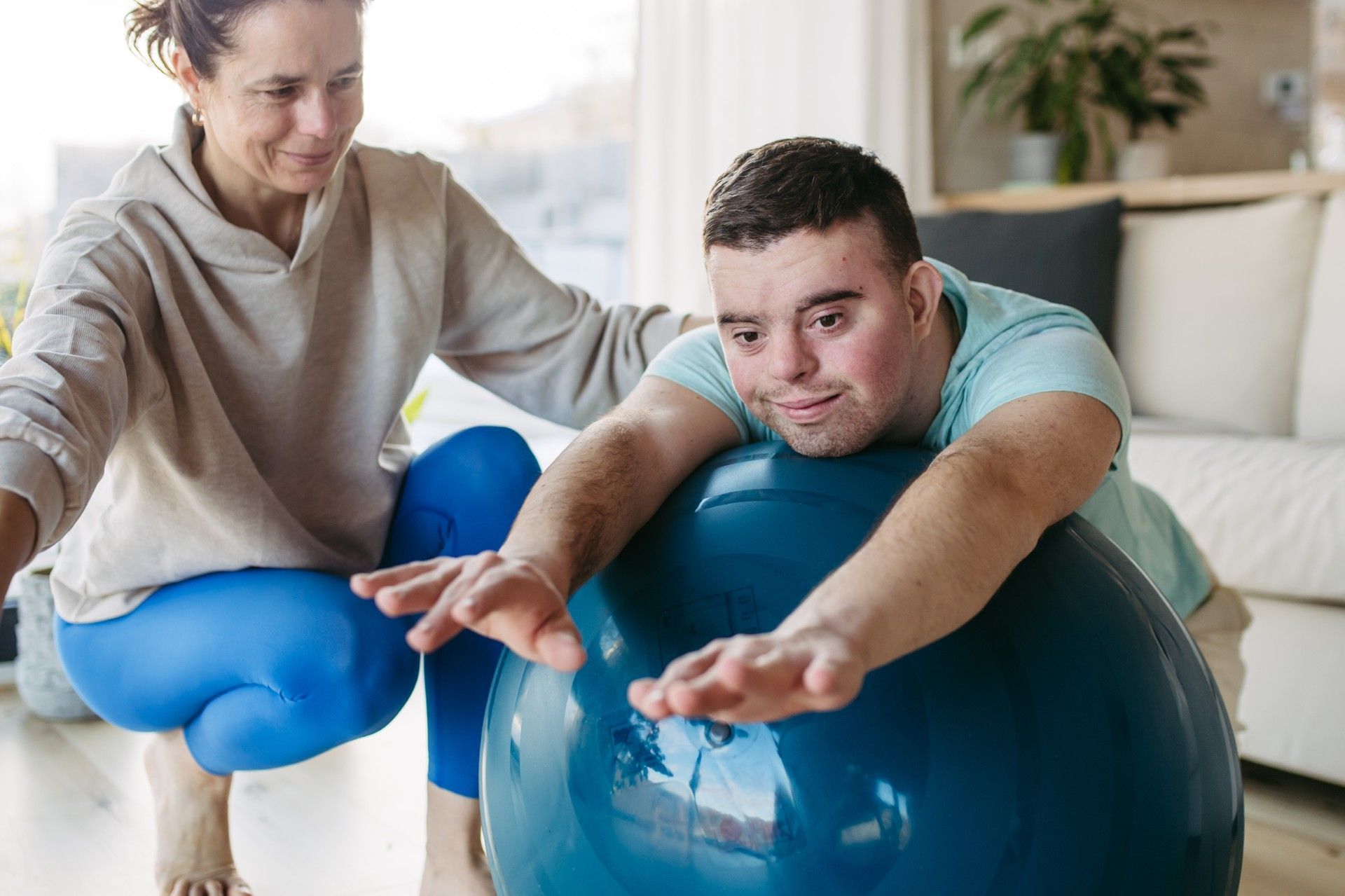
How NDIS Support Coordination Transforms Lives in Geelong In Geelong, the National Disability Insurance Scheme (NDIS) has become a beacon of hope for individuals with disabilities and their families. Central to this transformative journey is NDIS Support Coordination, a crucial service that empowers participants by providing personalized assistance and linking them to essential services. The Role of NDIS Support Coordination At its core, NDIS Support Coordination is designed to help participants make the most of their NDIS plans. This support ensures that individuals can access the services they need, connect with community resources, and build a robust support network. For many families, navigating the complex landscape of NDIS can be overwhelming. Support coordinators step in to simplify this process, tailoring the plan to meet each participant's unique needs and goals. Personalized Support: A Game Changer One of the standout features of NDIS Support Coordination is the personalized approach it offers. No two individuals are the same, and neither are their journeys. Support coordinators work closely with participants and their families to understand their aspirations, challenges, and needs. This individualized support not only enhances the participant's quality of life but also provides peace of mind to families, knowing their loved one is receiving the best possible care. Access to Services and Opportunities NDIS Support Coordination opens the door to a wide array of services and opportunities. Whether it's accessing therapy services, joining community groups, or pursuing employment and education, support coordinators ensure that participants are aware of and can connect with these valuable resources. By fostering these connections, participants not only improve their daily lives but also become more active and engaged members of the community. Empowering Families and Strengthening Bonds Beyond individual empowerment, NDIS Support Coordination also strengthens family bonds. Families often find themselves in a better position to support their loved ones with disabilities, armed with the knowledge and resources provided by support coordinators. This collaborative approach leads to a more harmonious family dynamic and fosters a nurturing environment where everyone can thrive. Real-Life Impact: Stories of Transformation Many Geelong residents have witnessed firsthand the transformative power of NDIS Support Coordination. From gaining independence to achieving personal milestones, participants have shared countless success stories that inspire and motivate others. These real-life examples are a testament to the significant and positive impacts of this program. Conclusion In Geelong, NDIS Support Coordination is more than just a service; it's a lifeline that transforms lives. By providing personalized support, facilitating access to essential services, and empowering families, this program plays a crucial role in creating a more inclusive and supportive community for individuals with disabilities. As more families embrace the benefits of support coordination, the future looks brighter for all involved, promising even greater success and fulfillment.
